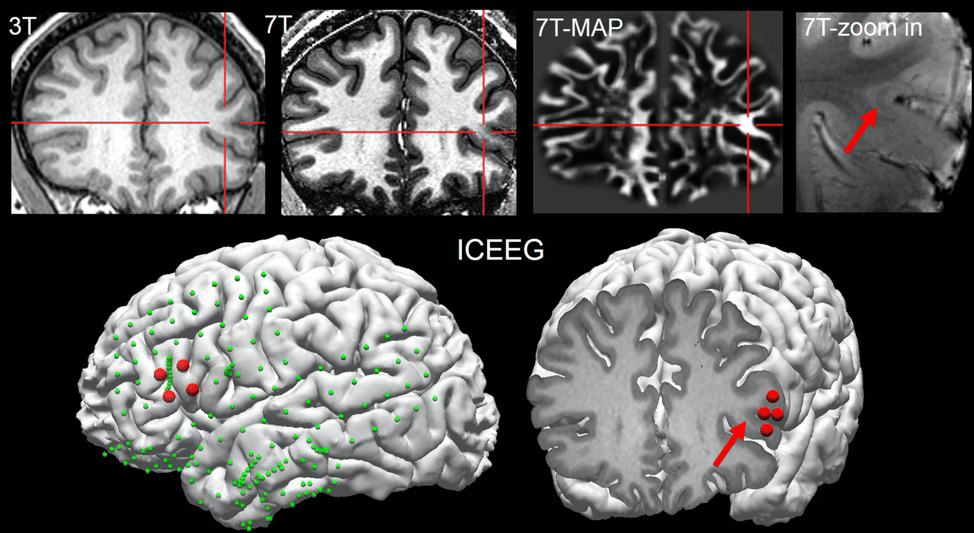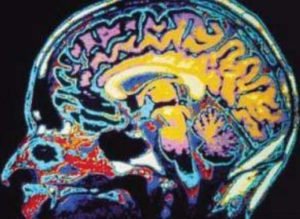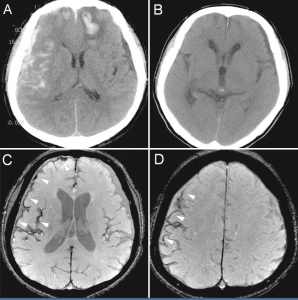Survivors of Traumatic Brain Injuries Often Need Treatment for Sleep Disorders

- 1. Four of the most common sleep disorders patients can develop after suffering a TBI
- 2. Many other sleep disorders exist – yet some experts may disagree that they are TBI-related
- 3. Drugs prescribed for some patients with sleep disorders
- 4. Additional treatment information about sleep disorders referenced above
- 5. Exercise extra caution once you begin driving again
- 6. Basic daily habits that can help all of us improve the quality of our nighttime sleep
Although serious head injuries occur in many ways, our firm often meets clients who have just survived a pedestrian accident, a major workplace fall, or a motor vehicle collision. Once we accept new cases, we fight hard to win each lawsuit so clients can afford all the medical care they require to heal, adjust and move forward with their lives.
Experts suggest that somewhere between thirty percent (30%) to eighty-four percent (84%) of head injury patients develop sleep disorders after their accidents. Others place that figure just below fifty percent (50%).
Unfortunately, many doctors forget to inform patients that they should carefully monitor their sleeping patterns. Once these new challenges are reported to doctors, prescribed care can help to correct them.
The following material discusses common sleep difficulties, the subtle symptoms they can produce, and ways you may need to protect yourself as you seek treatment.
Four of the most common sleep disorders patients can develop after suffering a TBI
- Insomnia. Although many of us may think this only involves problems falling asleep, it also affects a person’s ability to remain asleep for six to eight hours. If your insomnia was caused by a head injury – you will need to do much more than simply follow the typical tips for curing insomnia. While certain lifestyle changes involving diet and exercise can help, you’ll need your doctor’s guidance and treatment choices to improve your sleep after a major head injury.
- Narcolepsy. This sleep ailment can cause many TBI survivors to become extremely sleepy during the day – or eve suddenly fall asleep long before their desired time to turn in for the evening. While seeking care for this condition, you may need to spend the night in a special diagnostic sleep clinic or a regular hospital so your vital signs can be monitored throughout an entire night. Diagnosing this condition often requires doctors to create a polysomnography or specialized sleep study. This usually involves having electrodes attached to your head while all other vital signs are also documented.
- Sleep apnea. Many medical professionals only recognize two forms of this disorder: obstructive sleep apnea and central sleep apnea. Obstructive sleep apnea occurs when air cannot move easily into or out of the mouth or nose. Central sleep apnea is present (yet rarer) when your brain is unable to send the proper signals to your muscles to help you start breathing. Other doctors recognize a third form of sleep apnea simply referenced as “mixed sleep apnea” that involves features of the other two types already named above.
Since patients with sleep apnea are often prevented from obtaining the greater depths of sleep needed for healing and restorative sleep, they may suffer from biologically induced mood swings, lower productivity at work or falling asleep during meetings or class sessions.
Contact our team at (212) 222-1111 for your free case evaluation.
This hidden, secondary (sleep disorder) problem caused by your traumatic brain injury can subject you to the harsh criticisms of others who may just assume you have careless work habits. Treatments for this common sleep disorder are discussed in greater detail below. (While snoring affects many people, it is not always a symptom for many sleep apnea patients).
- Restless leg syndrome. Sometimes called “Willis-Ekbom disease,” this condition can be caused by a brain injury. It requires immediate treatment since aging can worsen it.
Many other sleep disorders exist – yet some experts may disagree that they are TBI-related
- Idiopathic hypersomnia. This condition, less formally referred to as excessive daytime sleepiness, is thought by many to be directly caused by a serious head injury.
- Delayed sleep phase. This condition is also referred to as a delayed sleep-wake phase sleep disorder Patients who receive this diagnosis have a circadian rhythm (or internal sleep clock) that is not working properly. Some people with this disorder have a sleep cycle that runs about two hours later than that of most of us. This may require having them go to sleep two hours later than others — and to sleep later, too.
- Pediatric sleep apnea. If your child suffered a serious head or brain injury due to a fall or a motor vehicle accident, it’s crucial to obtain help right away. Sadly, undiagnosed children may be labeled “problem students” since their behavior can become erratic.
Drugs prescribed for some patients with sleep disorders
- RLS or restless leg syndrome. While there may be other, more appropriate drugs for some patients, the FDA (Food and Drug Administration) has approved Rotigotine (Neupro) and pramipexole (Mirapex) for those living with RLS. As the name implies, people with RLS usually complain of pain in their (lower) legs – although many of them experience serious pain or aches throughout the length of each leg.
- Narcolepsy and Idiopathic Hypersomnia (excessive daytime sleepiness). Patients with these conditions are occasionally prescribed the drugs Sunosi, Xyrem, Xywav, and others.
- Drugs like Estazolam, Clonazepam (Klonopin), and Trazodone (Oleptro) are prescribed for some people struggling with this sleep disorder.
Be sure to tell your doctor about every prescribed or OTC (over the counter) drug you may be taking before trying any new drug. Never try to self-medicate for any condition, including sleep disorders. And avoid drinking alcoholic beverages when taking these drugs.
Additional treatment information about sleep disorders referenced above
- While diagnosing this sleep condition, doctors often discover that these patients fall asleep rather easily. Since there are few, precise treatments for this sleep condition, drugs like those named above are sometimes recommended. Patients with narcolepsy must try to avoid taking allergy or cold medicines (unless that’s done with doctor approval). At present, researchers are studying new, potential drugs for narcolepsy that address problems with the hypocretin chemical system.
Surgery is another option if more conventional treatments like using a CPAP machine do not prove successful. For less severe cases of sleep apnea, weight loss and other lifestyle changes may help alleviate nocturnal breathing problems. In some cases, certain dental devices may also prove useful.
- Depending on the exact type of insomnia diagnosed, treatment may include the prescription of sedating antidepressant or sedative-hypnotic drugs. Psychotherapy and other unique types of medical interventions may also be recommended. Some insomnia patients can greatly benefit from cognitive behavioral therapy.
After talking with your personal sleep disorder physician about specific treatments that may help you, additional information can be found on the American Academy of Sleep Medicine website. Other highly regarded online resources have been provided by the Society of Behavioral Sleep Medicine and the Mayo Clinic Center for Sleep Medicine.
Exercise extra caution once you begin driving again
A 2018 Oxford University Press publication stated that people who have slept less than seven hours during the past 24-hour time period are more likely than others to get into vehicle accidents – and to have caused them. This risk level greatly increases for patients sleeping less than four hours a night.
Driving while drowsy can lead to many accidents. Back in 2020, over 600 Americans were killed due to this problem. Always be sure you have fully recovered from any major sleep disorder before driving at any hour of the day or night.
Basic daily habits that can help all of us improve the quality of our nighttime sleep
- Abide by the exercise program your doctor chooses after you’ve shared your sleeping difficulties. It should be in keeping with your age and all chronic health conditions. Always try to exercise earlier rather than later in the day.
- If accepting a “graveyard shift” at work is disruptive to your sleep, stick with “nine-to-five” daytime jobs. Also, always refuse to take on added work shifts when you know they cause serious problems with your sleep. It may be necessary for you to obtain a note from your doctor explaining your work hour limitations.
- Avoid drinking alcohol or using any prescribed or recreational drugs. Stop drinking coffee and all other stimulating drinks after the middle of the day.
- Stop spending time on your computer, phone, or other electronic devices at least one to two hours before you need to fall asleep.
Should you suffer a new head or brain injury, always notify all your treating physicians so they can recommend new treatments or adjust your prescriptions, as needed. Physical therapists and members of your rehabilitative care team should also be updated about all new injuries.
If you have suffered a traumatic brain injury caused by someone else’s negligence, you should contact our New York City traumatic brain injury law firm. We will carefully investigate all the facts of your case, review all your medical records, and then fight hard to win the maximum compensation available to you. We want every client to fully recover for all lost wages, pain and suffering, medical expenses, and other losses.
Contact our team at (212) 222-1111 for your free case evaluation.





